Usual Suspects to Empower Your Brain
While the widely recognized "brain foods" like salmon, blueberries, and dark chocolate are undoubtedly beneficial, the spectrum of nutrients that support cognitive function is much broader. By diversifying your diet, you can provide your brain with an even wider array of essential compounds for optimal performance.

Turmeric: The Golden Spice for Brain Protection
This vibrant yellow spice, a staple in many curries, contains a powerful compound called curcumin. Curcumin is a potent antioxidant and anti-inflammatory agent that has been extensively studied for its potential1 neurological benefits. It's believed to cross the blood-brain barrier and may help improve memory, reduce inflammation in the brain, and even stimulate the growth of new brain cells (neurogenesis). Some research suggests it could play a role in preventing neurodegenerative diseases.

Whole Grains: Sustained Energy for Sustained Thought
Unlike refined carbohydrates that cause rapid sugar spikes and crashes, whole grains (like oats, quinoa, brown rice, and whole-wheat bread) provide a steady and sustained release of glucose to the brain. This consistent energy supply is crucial for maintaining focus, concentration, and overall cognitive performance throughout the day. They are also good sources of B vitamins, which are essential for brain health and energy metabolism.
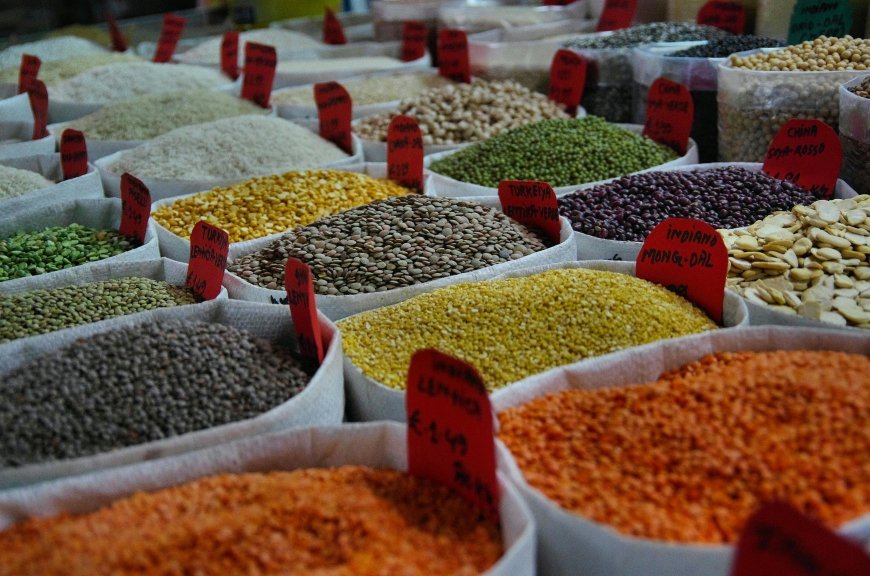
Oranges and Other Citrus Fruits: Vitamin C for Cognitive Clarity
Oranges, along with other citrus fruits like grapefruits, lemons, and kiwis, are bursting with Vitamin C. This powerful antioxidant plays a crucial role in protecting brain cells from damage caused by free radicals, which can contribute to cognitive decline. Vitamin C is also involved in the production of neurotransmitters and helps support overall brain health. A single orange can provide your daily recommended intake of Vitamin C.
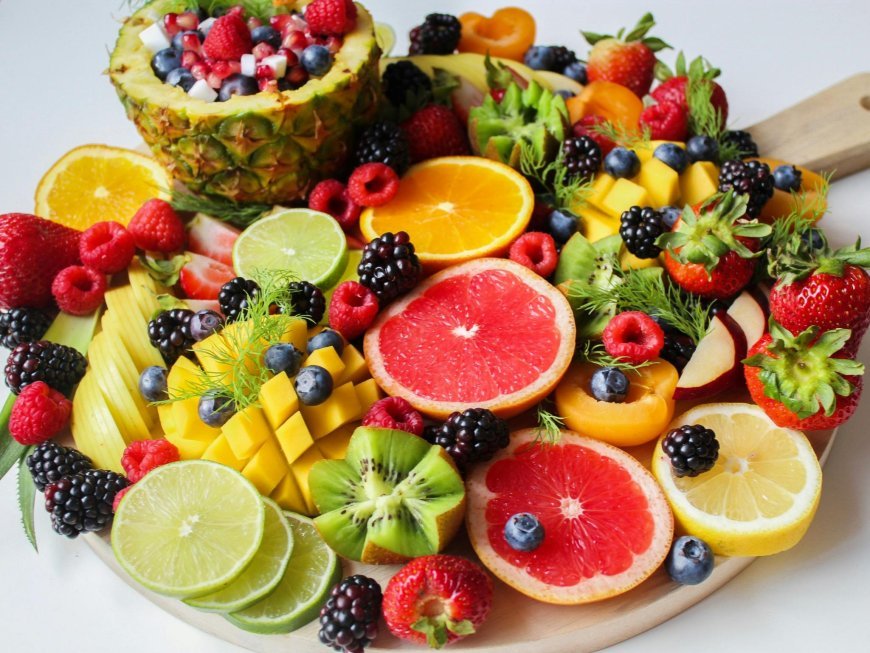
Pumpkin Seeds: Tiny Seeds, Big Brain Benefits
Don't underestimate these small but mighty seeds! Pumpkin seeds are packed with a variety of brain-boosting nutrients, including magnesium, zinc, copper, and iron. Magnesium is essential for nerve signaling and learning, while zinc is crucial for nerve communication and memory. Copper and iron are vital for nerve health and oxygen transport to the brain. Their antioxidant content also helps protect brain cells from damage.
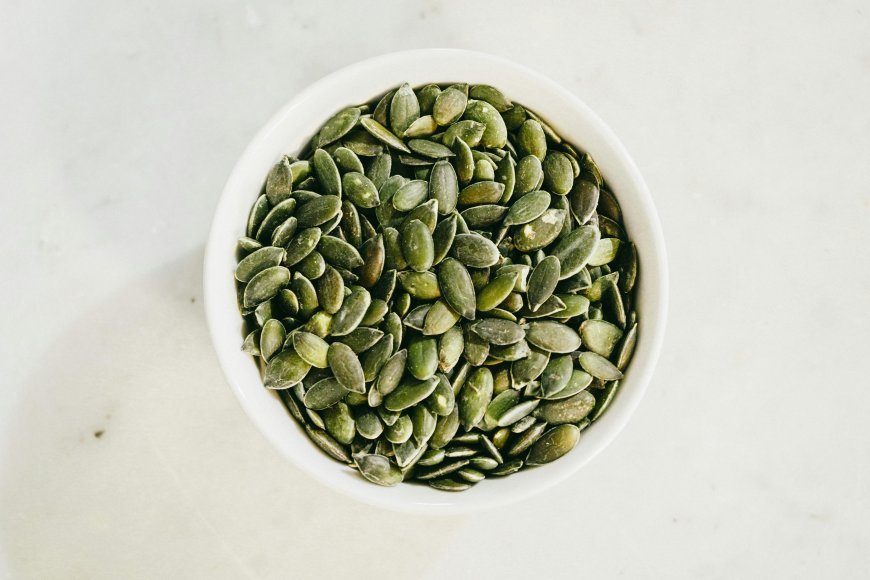
Tomatoes: The Lycopene-Rich Brain Protector
Tomatoes are an excellent source of lycopene, a powerful antioxidant and carotenoid that gives them their red color. Lycopene has been shown to protect brain cells from oxidative stress and inflammation, both of which are linked to cognitive decline. Consuming cooked tomatoes (like in sauces or purees) can enhance the bioavailability of lycopene.

Olive Oil: The Healthy Fat for Brain Flow
A cornerstone of the Mediterranean diet, extra virgin olive oil is rich in monounsaturated fats and antioxidants. These healthy fats are crucial for maintaining healthy blood flow to the brain, ensuring a steady supply of oxygen and nutrients. Good blood flow is fundamental for all cognitive functions, including memory, attention, and processing speed.
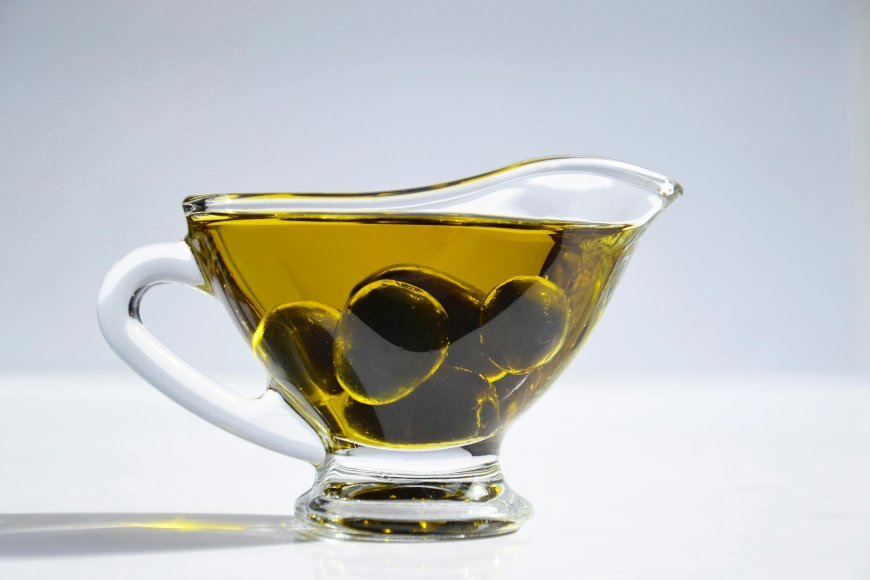
Beetroot: Nitrates for Enhanced Blood Flow
Beetroot is rich in nitrates, which the body converts into nitric oxide. Nitric oxide helps relax and widen blood vessels, improving blood flow2 throughout the body, including to the brain. Enhanced blood flow to the brain can lead to improved cognitive performance, especially in areas related to memory and decision-making.
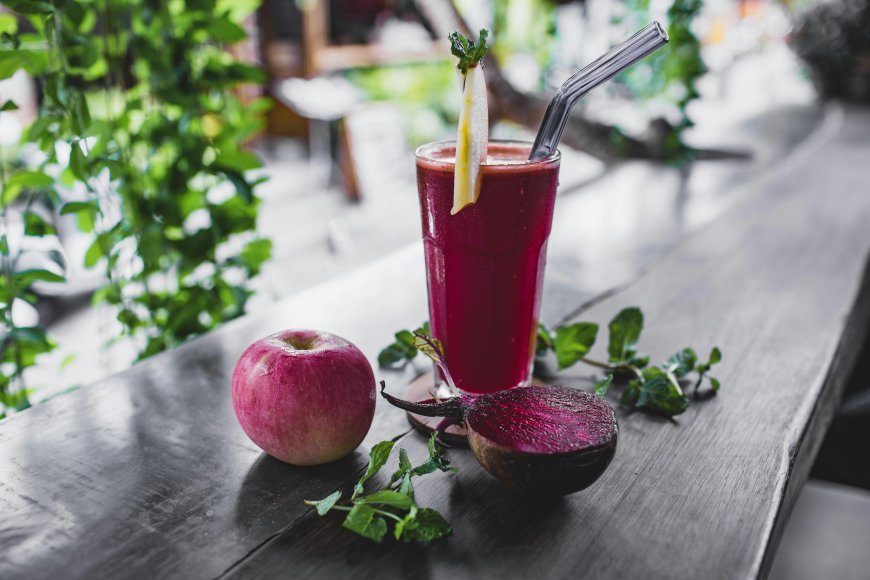
Legumes (beyond just beans): Versatile Brain Support
While beans were mentioned, the broader category of legumes (including lentils, chickpeas, and peas) offers significant brain benefits. They provide a sustained release of glucose, similar to whole grains, and are good sources of B vitamins and folate, which are essential for neurotransmitter production and overall neurological health.

Lean Meats (in moderation): Iron for Oxygen Transport
Lean red meat (consumed in moderation) is a good source of easily absorbable iron. Iron is crucial for the production of hemoglobin, which carries oxygen in the blood to the brain. Adequate oxygen supply is vital for optimal brain function, impacting concentration, attention, and learning.

By incorporating a diverse range of these nutrient-rich foods into your daily diet, you can provide your brain with the comprehensive support it needs to thrive. Remember that a balanced diet, regular physical activity, sufficient sleep, and mental stimulation all work in synergy to promote optimal cognitive health.
What's Your Reaction?
 Like
0
Like
0
 Dislike
0
Dislike
0
 Love
0
Love
0
 Funny
0
Funny
0
 Angry
0
Angry
0
 Sad
0
Sad
0
 Wow
0
Wow
0





















